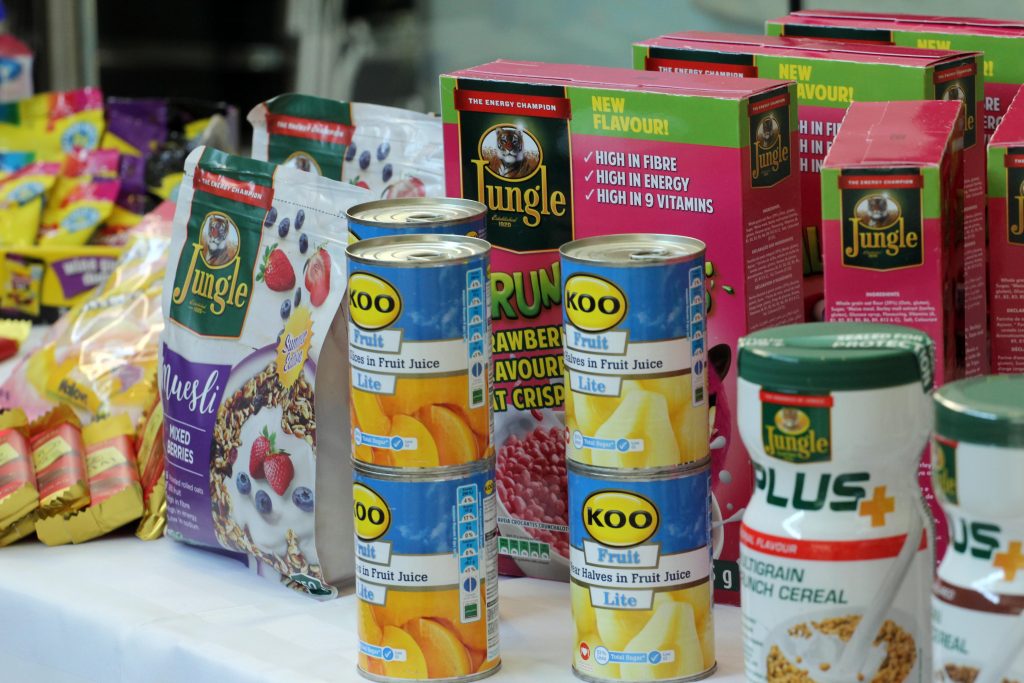Fast-moving consumer goods (FMCG) giant Tiger Brands has reopened the process to sell the troubled Langeberg and Ashton Foods (L&AF) deciduous fruit factory in the Western Cape, confirming that at least one buyer is currently assessing the plant.
The JSE-listed food manufacturer reaffirmed its intention to sell the plant when it released its interim financials for the period ended 31 March 2023 on Tuesday.
The deciduous fruit factory’s future has been hanging in the balance since 2020 when the group first made public its plans to part ways with the business that fell short of offering a viable growth path for the firm.
Tiger Brands has committed to running the factory for yet another season but hopes to have successfully transferred the plant to more enthusiastic hands by the end of May 2024 when the season is scheduled to conclude.
An interested buyer
“We now have an interested party who is conducting due diligence – and provided we can come to terms, which I don’t think will be an issue with our supplier base, we will run the factory for the new season,” CEO Noel Doyle tells Moneyweb.
“If it is a sale transaction, we would anticipate that it would be closed before the end of that season, but we await the results of the due diligence [by] the prospective buyer and they will decide whether it’s a go or no-go in terms of having further negotiations with us.
“If they are serious about doing the transaction, we should be able to conclude it probably by the end of the calendar year, maybe even before the start of the new season,” he added.
Doyle was tight-lipped on the identity of the buyer and would not shed light on whether the consortium of 160 producers, previously reported as potential buyers, remain at the negotiating table.
Read: Talks underway to explore how to keep Tiger Brands canning factory open
Disposing of the plant to the group of producers has been on the cards since 2020, but previous reports suggest the consortium may have had trouble raising funds to take over the factory, estimated at that time to be worth R200-R300 million.
It’s time
While welcoming the group’s decision to continue the factory’s operations for yet another season, agricultural association Agri SA says Tiger Brands must conclude the drawn-out disposal of the factory soon because shutting it down is simply not an option.
Should that happen, approximately 4 500 jobs in Western Cape farming communities will be lost.
Says Agri SA executive director Christo Rheede: “If they do that [shut down the factory] we know it would be devastating for the farmers, for the workers, for the local economy for that entire region, and it will severely impact on prices as well, especially canned fruit.”
Rheede further cautions that closure of the factory would have a ripple effect on the sector’s competitiveness.
The plant has been in existence for more than 70 years and is the largest canning fruit factory in the country.
An exit by L&AF means the Rhodes Food Group, which also owns a canning fruit factory in Tulbagh, would be the only major player left.
Read: Looming shutdown of Tiger Brands’s canning factory ‘disastrous’ – Agri SA
“This has dragged on for quite some time now,” says Rheede. “They need to get to a point where they accept an offer so that there can be much more certainty about the future of the factory.”
Poor performance
The factory, which supplies fruit for Tiger Brands’s well-known Koo brand but largely serves export markets beyond Africa, has struggled to perform in recent years.
For the latest reporting period the deciduous fruit business reported a 37% decline in revenue to R439.3 million.
This is reportedly due to its “low opening stocks and ongoing logistical challenges at the Cape Town harbour”.
However, like many players in the food manufacturing and retail sectors, which have benefitted from higher prices, it did benefit from higher international selling prices – especially in the puree category – as well as an improved sales mix, leading to lower operating losses of R16 million, from R54 million in 2022.
The market however did not take kindly to the group’s overall performance for the period.
FNB Wealth and Investments portfolio manager Wayne McCurrie says the overall bad performance for the period is the reason the group’s share price traded 16.83% lower, closing at the six-month low of R157.82 on Tuesday.
“The market reacted negatively [to] the whole results – the grocery division did poorly, the baby division did poorly, and there was a dramatic fall in both net and gross profit, and their margins have come under pressure … the costs have just caught up with them,” he says.

